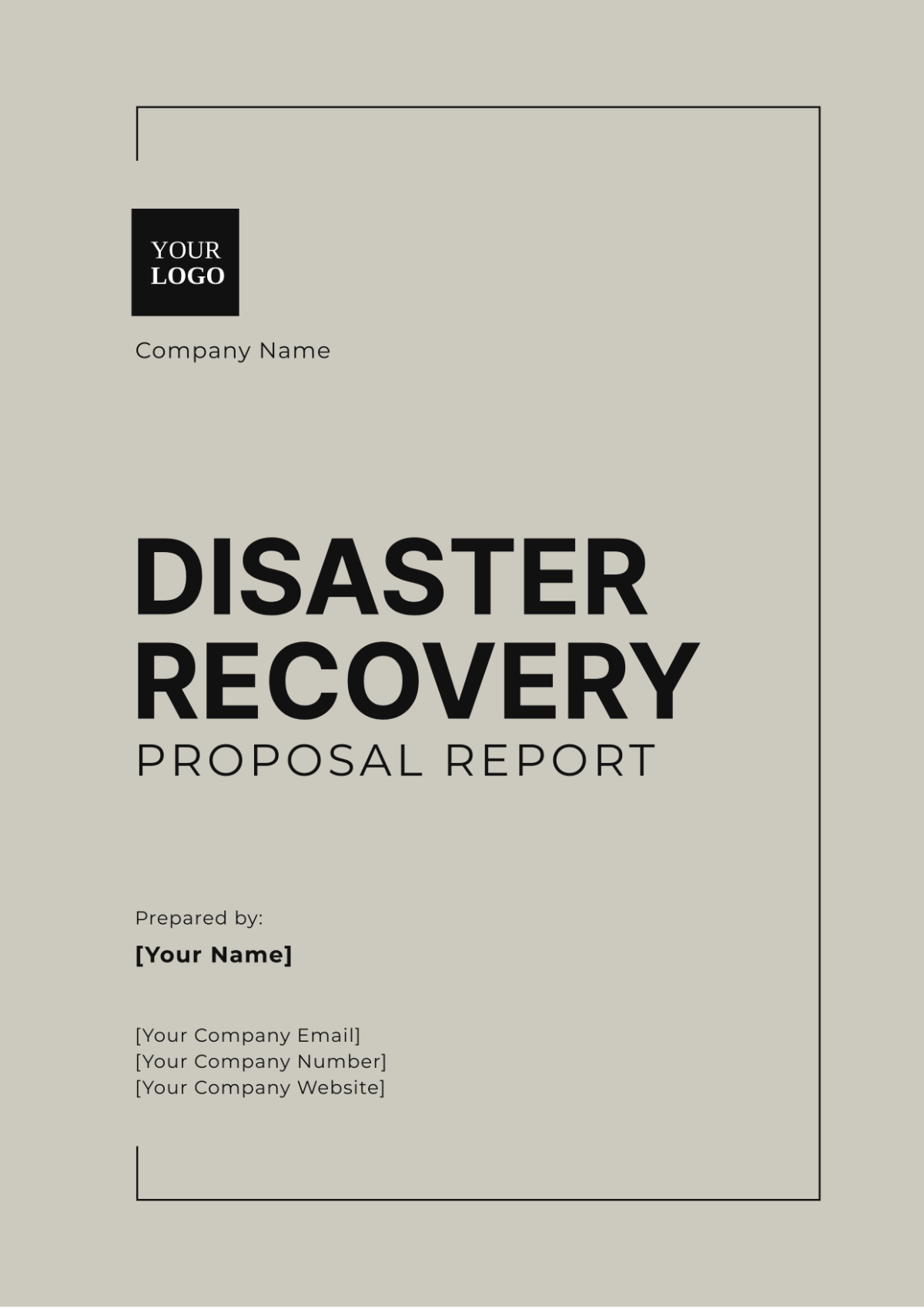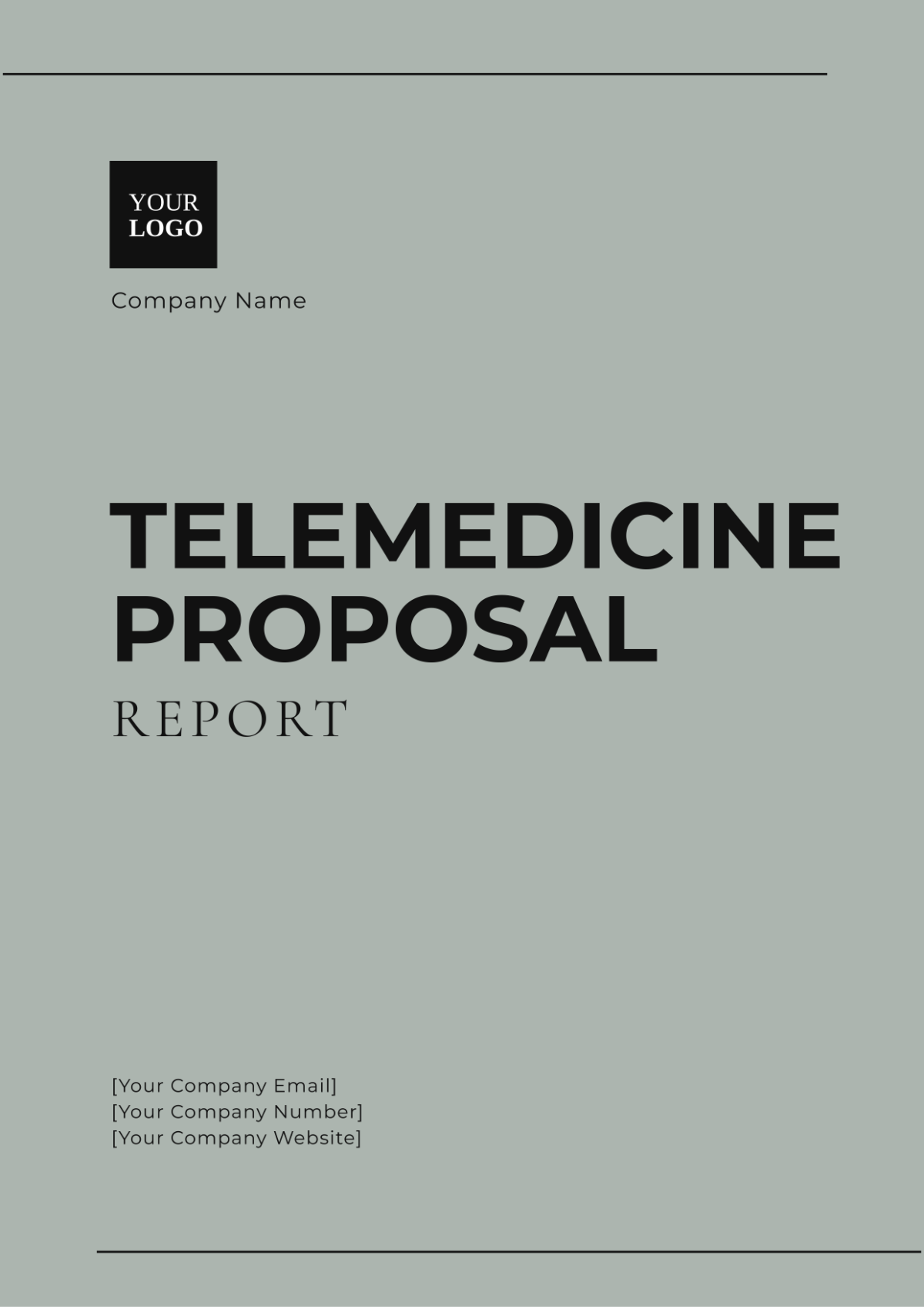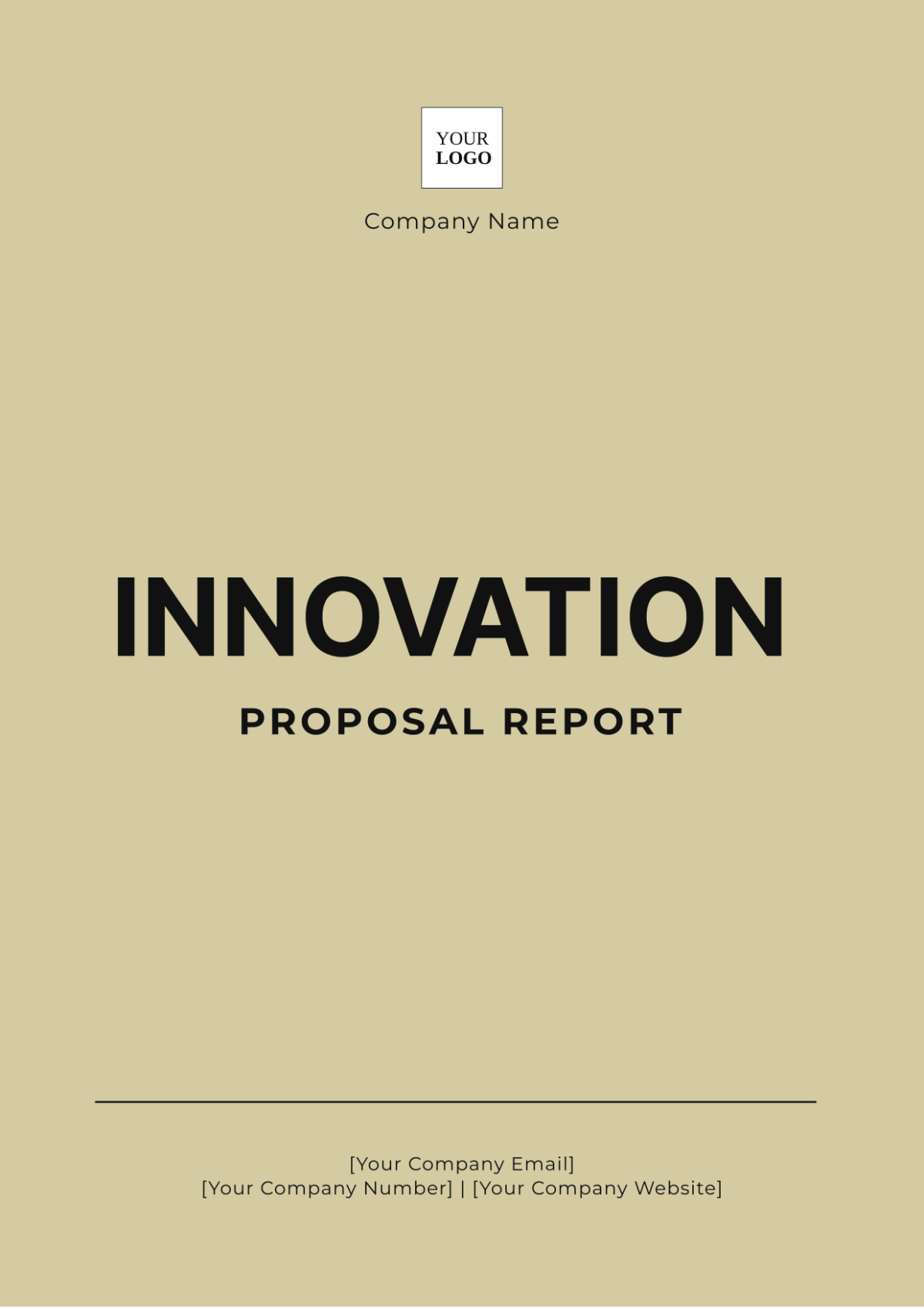New Course Proposal Report
Prepared by: [Your Name]
Date: [Date]
I. Executive Summary
This section provides a concise overview of the proposed course, "Data Science for Business Professionals." The course is designed to address the increasing demand for data-driven decision-making skills in the business sector. It aims to equip business professionals, students, and entrepreneurs with foundational knowledge in data science, enabling them to leverage data analytics for strategic decision-making. The course aligns with the institution's strategic goals by providing cutting-edge education that enhances the employability of graduates and supports interdisciplinary learning.
II. Course Content
The proposed course covers a comprehensive range of topics tailored to the needs of business professionals. Key topics include:
Introduction to Data Science: Overview of data science concepts and their relevance to business.
Data Collection and Cleaning: Techniques for gathering and preparing data for analysis.
Exploratory Data Analysis: Methods for summarizing and visualizing data to uncover patterns.
Machine Learning Basics: Introduction to machine learning algorithms and their applications in business.
Data Visualization: Tools and techniques for presenting data insights effectively.
Real-world Business Applications: Case studies and examples of data science in various business contexts.
II.I Course Structure
The course is structured into 12 modules, each focusing on different aspects of data science. The modules are designed to build on one another, starting with foundational concepts and progressing to more advanced topics. This structure ensures a comprehensive understanding of how data science can be applied in business settings.
III. Course Objectives
Objective | Description |
|---|---|
Objective 1 | Equip students with fundamental concepts in data science and its application in business. |
Objective 2 | Develop hands-on skills using popular data science tools and technologies. |
Objective 3 | Enable students to analyze and interpret data to make well-informed business decisions. |
IV. Target Audience
The course is designed for:
Business Professionals: Individuals seeking to enhance their data-driven decision-making skills and apply data science techniques to their work.
Students: Those pursuing a career in data science, business analytics, or related fields, who wish to gain practical knowledge and experience.
Entrepreneurs: Business owners and startups aiming to leverage data for strategic planning and competitive advantage.
IV.I Admission Requirements
To enroll in the course, participants should meet the following requirements:
A Bachelor’s degree in a related field, such as business, economics, computer science, or engineering.
Basic understanding of statistics and mathematics, including familiarity with concepts such as probability and data distributions.
Proficiency in using computers and standard business software, such as Microsoft Excel.
V. Course Delivery
The course will be delivered through a hybrid model, combining online and face-to-face sessions. This approach provides flexibility for working professionals and ensures interactive learning through live discussions, practical exercises, and real-time feedback.
V.I Assessment Methods
Students will be assessed through various methods to evaluate their understanding and application of the course material. Assessment methods include:
Quizzes and Assignments: Regular quizzes and assignments to reinforce key concepts and practical skills.
Group Projects: Collaborative projects that encourage teamwork and practical application of data science techniques.
Midterm and Final Exams: Comprehensive exams to assess students' overall understanding and retention of course content.
Capstone Project Presentation: A final project where students apply their learning to a real-world business problem, culminating in a presentation of their findings and recommendations.
VI. Resource Requirements
To successfully deliver the course, the following resources are required:
Qualified Teaching Staff: Instructors with expertise in data science and business analytics, possessing both academic and industry experience.
Access to Software and Tools: Licenses for data science software such as Python, R, SQL, and data visualization tools.
Classroom Facilities: Classrooms equipped with modern teaching aids, including projectors, whiteboards, and computers.
Online Learning Platforms: Subscriptions to online platforms for course content delivery, assignments, and student collaboration.
VII. Alignment with Institutional Goals
The proposed course aligns with the institution’s strategic objectives by:
Supporting Cutting-edge Education: Offering a curriculum that reflects current industry trends and technological advancements.
Enhancing Employability: Providing students with in-demand skills that are highly valued in the job market.
Promoting Interdisciplinary Learning: Encouraging collaboration between departments such as business, computer science, and data analytics, fostering a multidisciplinary approach to education.
VIII. Conclusion
In conclusion, the proposed course, "Data Science for Business Professionals," is designed to fill a critical gap in the current curriculum. By providing essential data science skills, the course will empower business professionals, students, and entrepreneurs to make data-driven decisions. It aligns with the institution's commitment to delivering innovative and relevant education, ultimately enhancing the capabilities and employability of its graduates. The course promises to be a valuable addition to the institution’s offerings, supporting both academic and professional development.










































